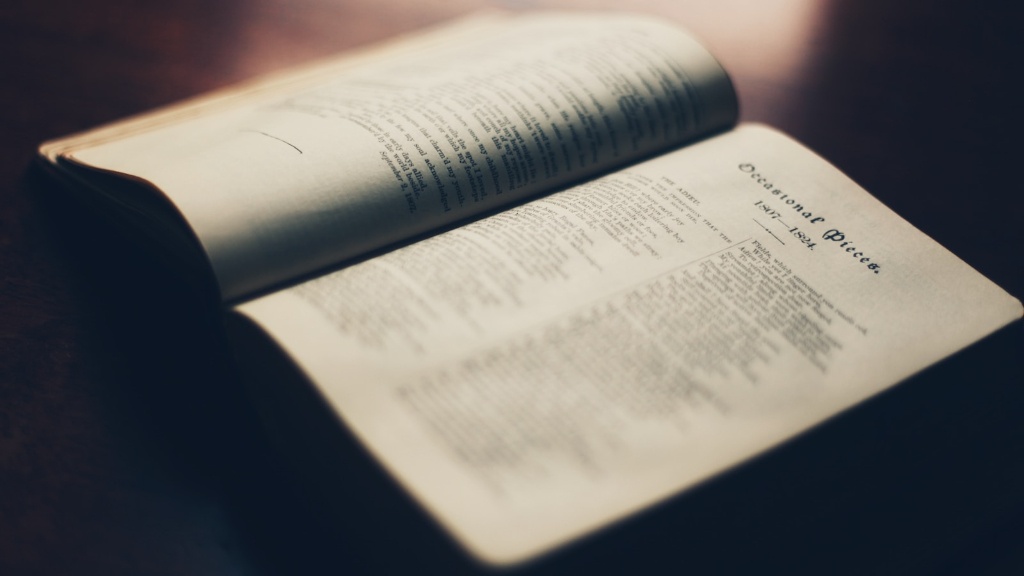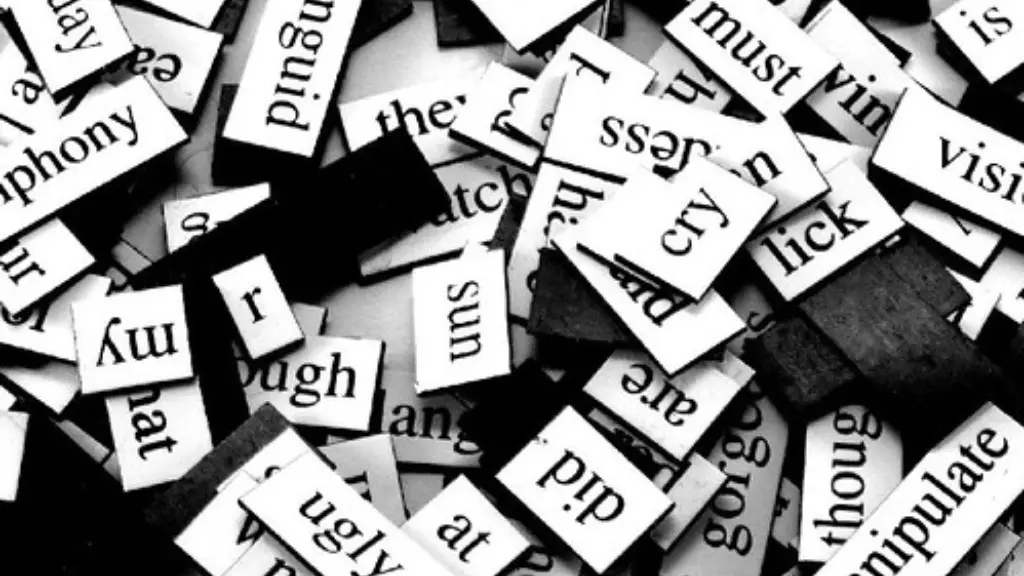Civil Rights Movement
Born in Joplin, Missouri, Langston Hughes was a famous African American poet, novelist, playwright and social activist who wrote during the Harlem Renaissance in the 1920s. But his accomplishments went well beyond simply being a writer. He was also one of the leading figures in the Civil Rights Movement and fought for equality for African Americans for more than 40 years. He worked closely with activists such as Marcus Garvey and W. E. B. Du Bois.
Hughes was an advocate for and supported a variety of civil rights issues, including voting rights and worker’s rights. He also supported funding for libraries and schools for African Americans and was outspoken about the importance of investing in African American education. In addition, he was a staunch opponent of racial segregation, which was the practice of denying African Americans the same rights and privileges as whites.
Langston Hughes was also a leader in the movement to end lynching—the murder of African Americans by white mobs without trial or due process. He wrote extensively about the problem, calling it “murder” and “legalized racial murder.” He also fought against racial stereotypes in literature and media, as seen in his works like “The Negro Speaks of Rivers” and his poem “I, Too.”
In addition to his civil rights activism, Hughes was a strong believer in black culture and identity. He often wrote about the African American experience, speaking to the difficulties and struggles, but also celebrating the beauty and strength of a shared culture and heritage. His work, both his poetry and his novels, were recognized for their powerful messages of racial pride and cultural identity.
Throughout his life, Langston Hughes was a leader in the fight for civil rights and equality. He was a major force in the Harlem Renaissance and a powerful advocate for African American rights. He used his writing to speak out against racial injustice, and his words and actions continue to echo through the generations.
Political Action
Langston Hughes was also politically active, advocating for civil rights through the same journalistic and literary channels, including writing for magazines, newspapers, books and plays. In the 1930s and 40s, he wrote for and headed the left wing newspaper New York Star. He was an active member of the National Association for the Advancement of Colored People (NAACP), and spoke and demonstrated for civil rights and social justice. He also engaged in free speech protests, and was a participant in the famous 1941 March on Washington.
Hughes believed that African Americans could fight for civil rights and economic justice in a peaceful and non-violent manner. He was a vocal supporter of the civil rights movement, participating in debates, writing articles, and making speeches. He wrote extensively on the topic, including articles in The Nation and The Crisis, magazines run by the NAACP. His writing and activism enabled him to build strong relationships with leaders in the movement like W. E. B. Du Bois and Dr. Martin Luther King Jr.
He was also a visible supporter of anti-lynching legislation and was active in the effort to end segregation and discrimination in public schools. He was a vocal opponent of racial profiling, which was common practice during his lifetime. He also spoke out against the practice of redlining, where lenders deny loans to people of color in certain neighborhoods.
Through his actions and words, Hughes demonstrated his commitment to social change. His writing, his activism, and his leadership continue to inspire African Americans and those committed to justice and civil rights today.
Corruption in the Government
Hughes was an outspoken opponent of corruption and abuse of power within the American government. He wrote extensively on the topic and was particularly critical of President Eisenhower and his administration. He pointed out the hypocrisy of the president’s policies, especially when concerning African-Americans, and called for reform.
Hughes was also a staunch critic of McCarthyism and the Red Scare, calling it a “powerful and terrible force” in American politics. He wrote about the fear and intimidation the government used to silence critics and the lack of due process or fairness. Hughes wrote that McCarthyism had a “destructive impact” on the civil rights movement and was detrimental to the progress made in the struggle for equality.
Moreover, Hughes emphasized the importance of democracy, free speech and the right to dissent. He believed that government should be held accountable for its actions, and he demanded transparency and honesty from elected officials. He was also a strong advocate for labor rights, arguing for fair wages for workers and the right to collective bargaining.
Langston Hughes fought for these principles because he believed that a society should not be held back by corruption and that the government should not be able to suppress the general public by fear or intimidation.
Opposition to War
Hughes was an outspoken opponent of war, voicing his opposition to the Soviet-Afghan War, the Korean War, and the Vietnam War. He argued that war was costly in terms of human lives and resources, and that it perpetuated inequality and injustice.
Hughes was particularly vocal in his criticism of American military intervention in the Third World. He was highly critical of the US government’s support of dictatorships, and argued that these regimes caused economic instability and human suffering. He was a strong supporter of the United Nations, believing it to be a key institution for promoting peace.
In addition to being a voice for peace, Hughes was a vocal opponent of nuclear weapons and the arms race. He spoke out against the proliferation of nuclear weapons in the post-World War II era, arguing that it made the world a much more dangerous place. He was also a vocal supporter of the international effort to abolish nuclear weapons.
Langston Hughes criticized America’s military adventurism and supported peace initiatives throughout his life. He argued that war caused immense suffering and did not promote equality or justice.
Artistic and Literary Influence
Langston Hughes was also an influential figure in the artistic and literary worlds of the time. He mentored and encouraged some of the most important African American writers of the 19th century, sparking a renaissance of African American literature. He was a notable artist, poet and playwright, allowing him to spread his message through a variety of mediums.
He was a founding member of the Writers Project and was influential in the Harlem Renaissance and the New Negro Movement. His poetry and essays celebrated the beauty of the African American experience, and he was a strong supporter of the oral traditions of his people. He believed in the power of storytelling and its ability to bridge cultures and to promote understanding.
Hughes also wrote novels, plays and stories that highlighted the struggles and joys of African Americans. His work was often met with controversy, and was considered too political or too radical at the time. But his influence on black culture and thinking was undeniable, as his writing served as an inspiration and a call to action for generations of African Americans.
Langston Hughes continues to be a powerful influence on African American culture and literature. As a poet, novelist, playwright and activist, he fought for civil rights and justice, and his work continues to inspire African Americans and others to fight for a more equal and just society.
Relationship with Marcus Garvey
Hughes was a vocal supporter of the Back to Africa Movement, spearheaded by Marcus Garvey. He believed in Garvey’s goal of establishing an African nation, and he believed that a proud and independent African American identity had to be built upon a strong foundation of self-respect and pride. He wrote extensively on the topic and was a prominent figure in the Universal Negro Improvement Association (UNIA), the organization Garvey founded.
Though Hughes agreed with Garvey’s wishes to encourage pride and strength within the African American community, he disagreed with Garvey’s exclusionary tactics. Hughes was a strong believer in the power of collaboration and unity, and he believed that all Americans should have the same civil rights and opportunities. He wrote extensively on the subject and argued that unity was essential in order to create real and lasting social change.
Over the course of their collaboration, the two developed a friendship, and Hughes became a Mentor of sorts for Garvey. Though their ideals and beliefs were slightly different in certain respects, their friendship was rooted in the same beliefs and commitment to creating a better future for African Americans.
Hughes’ relationship with Garvey was an important part of his life as an activist and artist. His advocacy and support for Garvey’s efforts to create a more unified and equitable African American community was a testament to his strong commitment to civil rights and social justice.
Social Media and the Digital Age
Though Langston Hughes is no longer with us, his influence and his message still resonates today. His words and ideas have deeply influenced modern-day civil rights activists and movements, particularly through social media. His work has been taken up as an expression of struggle and resilience, and his iconic words serve as a source of strength and inspiration.
Hughes’ commitment to equality and justice has been instrumental in pushing forward the civil rights movement, both physically and spiritually. His writings are often shared on social media platforms, reaching more and more people, and his legacy is honored by advocates for the African American community.
The digital age has given new life to his work and his message. His words are interpreted and shared through blogs, podcasts, music, and art. His legacy is being kept alive and more and more people are being exposed to his work and his beliefs.
Langston Hughes fought for civil rights and justice for more than 40 years. Even in death, his legacy lives on and continues to serve as a beacon of hope for people of color and all those committed to the struggle for equality and justice.





